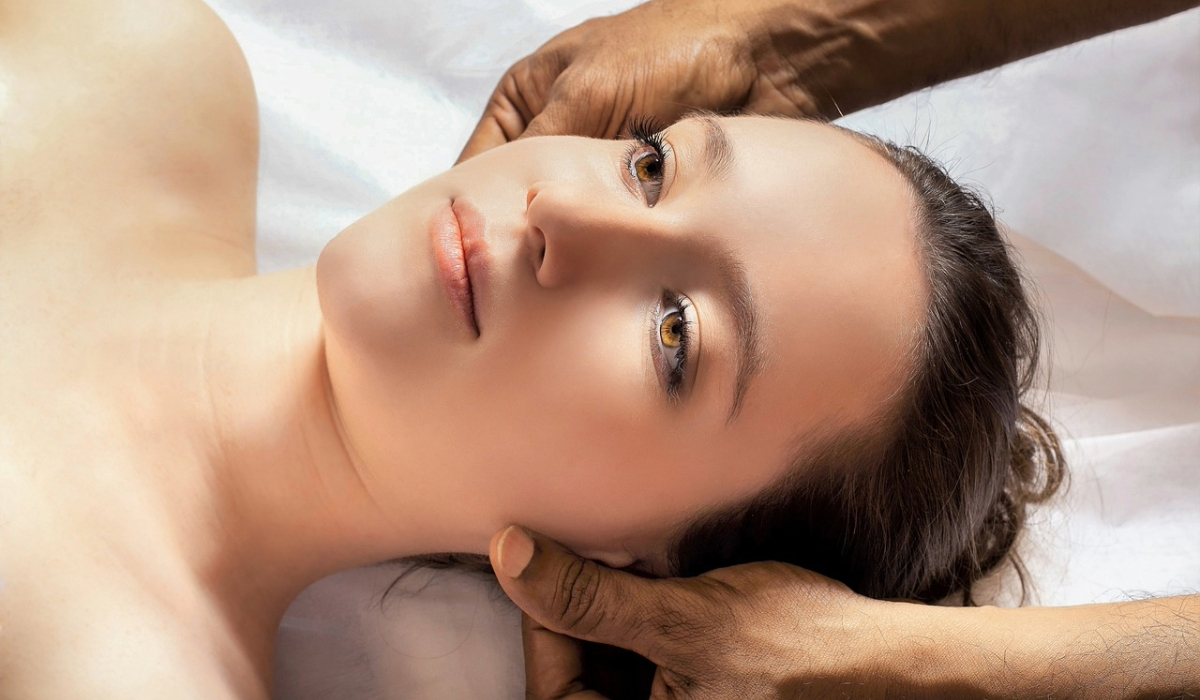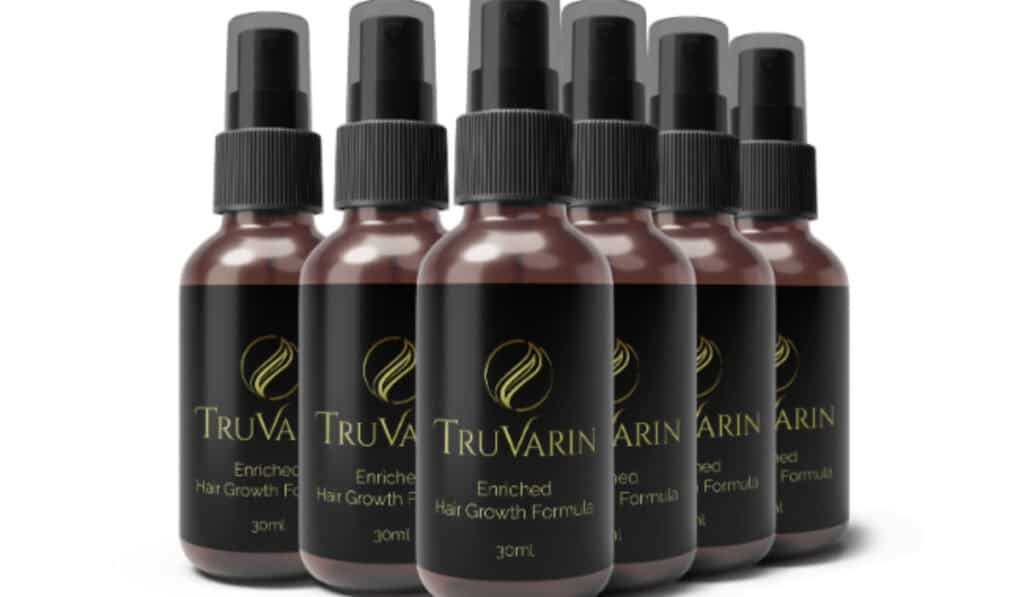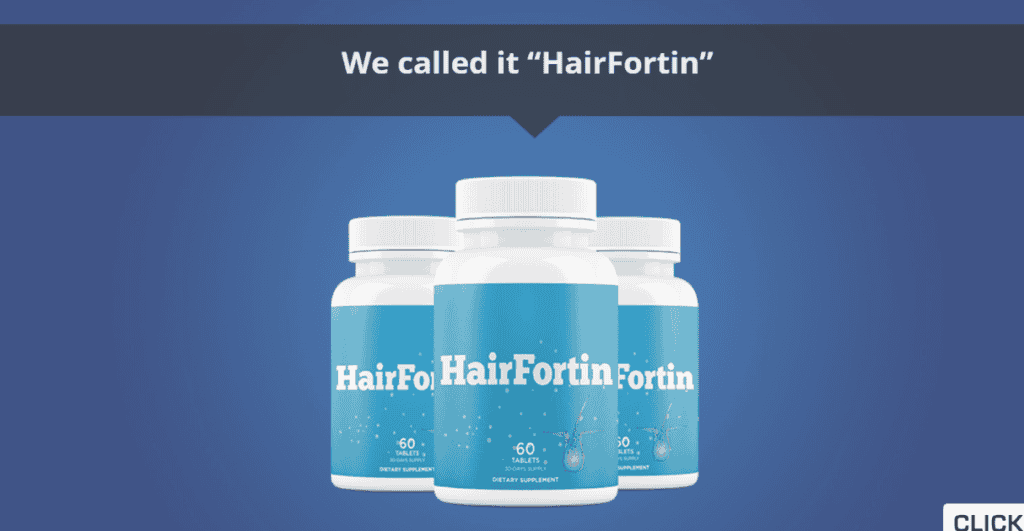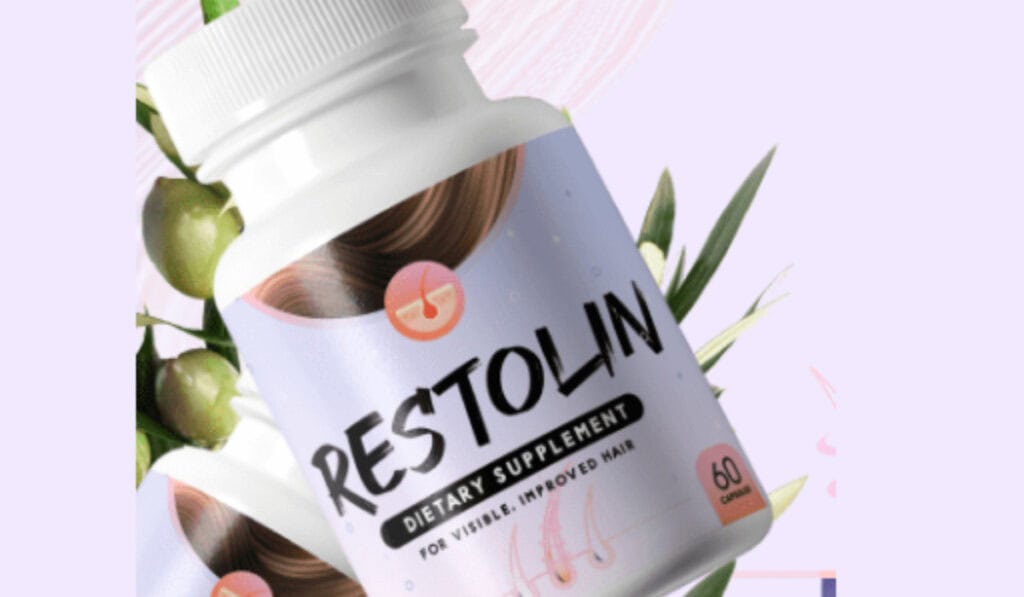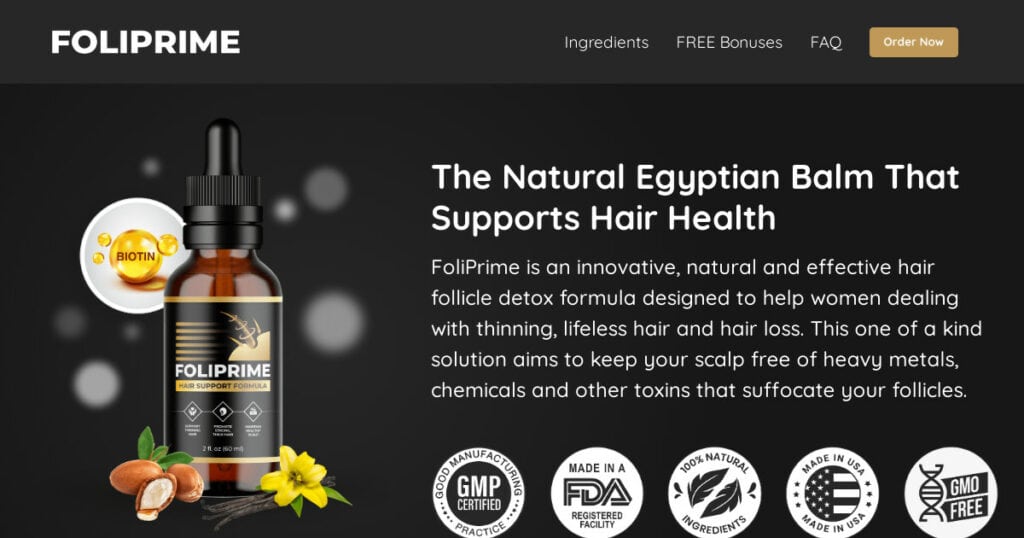Unlocking the Secrets to Healthier Hair
Imagine having a head full of hair that feels as good as it looks, free from flakes and oil buildup. This is where exfoliating your scalp comes into play. By creating your own DIY recipes, not only do you cater to the unique needs of your scalp, but you also step into a world of beauty that’s both natural and effective. Whether you have sensitive skin that gets itchy easily or you’re simply looking for a way to refresh your scalp for 2024, these recipes are your go-to solution.
Using ingredients from your kitchen or pantry, these DIY exfoliating scrub recipes penetrate the deeper epidermal layers of your scalp, removing oil and buildup that regular washing can miss. It’s easy; apply the scrub to your scalp and massage gently for a few minutes and rinse. This simple practice, when done correctly, can transform your scalp health, paving the way to a cleaner, flake-free scalp.
Understanding the Essentials of Scalp Health
Scalp health is fundamental for beautiful, healthy hair. A flaky scalp, often worsened by excessive use of dry shampoo or conditions like seborrheic dermatitis, signals a need for a scalp exfoliation treatment. Accumulation of build-up on the scalp can suffocate your hair follicles, impeding hair growth and health.
Why Exfoliate Your Scalp?
Exfoliating your scalp helps to remove dry skin and stimulates blood flow, which is essential for nourishing your hair roots. It’s a critical step if you’re dealing with dandruff, as it can help to manage and reduce flaky skin, ensuring your scalp remains healthy and clean.
Benefits Including Controlling Dandruff and Removing Buildup
A clean scalp is the foundation of healthy hair. A scalp exfoliation treatment tackles issues like flaky scalp, dry shampoo residue, seborrheic dermatitis, and general build-up on the scalp. These treatments cleanse deeply, removing dead skin cells and excess oils, promoting a balanced and healthy environment for hair growth.
Identifying Your Scalp Type
Knowing whether you have conditions like seborrheic dermatitis is crucial in understanding how to care for your scalp properly. It helps in choosing the right products and treatments, ensuring you don’t aggravate your scalp further.
Thick Hair & Oily Scalp vs. Fine Hair & Sensitive Scalp
Individuals with thick hair and an oily scalp might require more frequent exfoliation to manage oil production, while those with fine hair and a sensitive scalp should opt for gentler, less frequent exfoliation to avoid irritation. Knowing your scalp type helps in customizing your DIY scalp care routine effectively.
Navigating the World of DIY Scalp Exfoliation
Exfoliate your scalp regularly to maintain its health and vitality. DIY scalp exfoliation is a cost-effective, customizable practice that allows you to address your specific scalp concerns with natural, readily available ingredients.
Selecting the Right Ingredients for Your Scalp Exfoliant
When choosing ingredients for your scalp exfoliant, consider using bentonite clay for its oil-absorbing properties and a physical exfoliant like sea salt to scrub away dead skin cells. These ingredients help control excess oil without stripping the scalp of its natural moisture.
Essential Steps for Effective Scalp Exfoliation
For effective scalp exfoliation, it’s crucial to apply the exfoliating mixture properly and massage it gently into the scalp. This ensures that the exfoliating ingredients reach the scalp and perform their intended function without causing damage to the hair or scalp.
Frequency of Exfoliation for Optimal Scalp Health
The frequency of exfoliation depends on your scalp type and needs. Generally, exfoliating once a week is beneficial for most scalp types, but those with sensitive skin may need to reduce the frequency to prevent irritation.
Mastering DIY Scalp Scrub Recipes
Creating your own scalp scrub recipes allows you to target specific scalp issues with natural, nourishing ingredients like avocado oil and vitamin E. Remember to massage the scrub into your scalp gently to avoid irritation.
1. Sea Salt and Olive Oil Scrub for Deep Cleansing
Mix 1 tablespoon of sea salt crystals with olive oil and a few drops of lemon juice to create a nourishing scrub that not only removes dead cells but also nourishes your scalp. Apply the mixture to your scalp, massage gently to improve blood circulation, and let it sit for 5-10 minutes before rinsing with your regular shampoo and conditioner. These nourishing ingredients ensure your scalp is deeply cleansed without stripping it of its natural oils.
2. Brown Sugar and Conditioner for Gentle Exfoliation
Combine ¼ cup of your favorite conditioner with 1 tbsp brown sugar to create a gentle exfoliating scrub. This mixture is perfect for sensitive scalps, offering a softer alternative to harsher scrubs while still effectively removing dead skin cells and buildup.
3. Oatmeal Scrub for Sensitive Scalps
For those with extremely sensitive skin on the scalp, an oatmeal scrub can provide gentle exfoliation without irritation. Mix ground oatmeal with a bit of granulated sugar and salicylic acid, a chemical exfoliant, for a scrub that’s kind to your skin but tough on flakes.
4. Baking Soda & Shampoo Mixture for Clarifying
Create a clarifying scrub by mixing 1 tbsp of baking soda with 3 tbsp of your regular shampoo and a few drops of peppermint essential oil. Apply this mixture to your scalp and rinse with warm water for a refreshing, deep clean that removes all traces of buildup.
5. Coffee Grounds and Oil for Stimulating Hair Growth
Combining coffee grounds and a carrier oil creates a powerful scrub that not only exfoliates the scalp but also promotes hair growth. The caffeine in coffee grounds stimulates the hair follicles, encouraging growth, while its anti-inflammatory properties help soothe the scalp. To make this scrub, mix all the ingredients together until you have a coarse paste. Use your fingers to apply this mixture to your scalp in gentle, circular motions. After scrubbing, rinse thoroughly and store any leftover scrub in an airtight container to keep it fresh for future use.
6. Aspirin and Water for Scalp Acne
Aspirin, with its anti-inflammatory properties, can be an effective remedy for scalp acne. Crush a few aspirin tablets and pour warm water to dissolve them, creating a paste. Use a toothbrush to stir the mixture for an even consistency. Apply this mixture directly to the areas of your scalp affected by acne. Let it sit for a few minutes to allow the salicylic acid in the aspirin to work its magic, reducing inflammation and clearing up blemishes. Rinse off thoroughly with warm water afterward.
Specialized Scalp Exfoliation Tips
Specialized tips can make scalp exfoliation more effective, regardless of your hair type or scalp condition. Paying attention to these nuances ensures better results and a healthier scalp.
Exfoliating Techniques for Different Hair Types
Understanding your hair type and scalp sensitivity is crucial when choosing exfoliation techniques. If you have a sensitive scalp, gentle scrubs and less frequent exfoliation sessions are recommended to avoid irritation and maintain scalp health.
Customizing Your DIY Scrub for Your Hair’s Needs
Creating the perfect DIY scalp scrub involves choosing the right balance of natural ingredients and scalp treatments. For a nourishing effect, mix chemical exfoliants with natural ingredients that soothe and hydrate the scalp. A physical exfoliant, such as raw sugar, can remove dead skin cells without stripping natural oils. Remember to tailor your diy scalp scrub to your specific hair and scalp needs, ensuring it’s both effective and gentle.
Integrating Essential Oils for Enhanced Scalp Health
Essential oils can greatly enhance the health of your scalp. For example, adding 2 tablespoons of coconut oil to your scrub can help moisturize the skin and scalp, especially if you have oily skin or are dealing with dandruff caused by excess sebum. A scrub using coconut oil and other essential oils can also improve circulation to the scalp, promoting healthier hair growth.
Recommended Oils for Various Scalp Conditions
For various scalp conditions, certain essential oils can be particularly beneficial. Tea tree oil, known for its natural antiseptic properties, can help combat dandruff and scalp acne. Lavender oil, with its soothing effects, is excellent for sensitive scalps. When integrating these oils into your scalp care routine, consider your specific needs to select the best options for your condition.
Beyond Exfoliation: Complete Scalp Care
Scalp care extends beyond just exfoliation. Incorporating additional steps into your routine, such as using a clarifying shampoo, can make a significant difference in the health and appearance of your hair and scalp.
The Role of Clarifying Shampoo Post-Exfoliation
After exfoliating your scalp, using a clarifying shampoo can help remove any remaining residue and deeply cleanse your scalp. Ingredients like cornmeal or ground almonds in the shampoo can stimulate the blood flow, while a few drops of an essential oil added to the mix can further nourish the scalp. Gently massage the mixture into your scalp for three minutes to ensure thorough cleansing and to stimulate circulation.
Maintaining a Flake-Free Scalp Through Seasonal Changes
Adapting your scalp care routine to the changing seasons is vital for maintaining a healthy, flake-free scalp year-round.
Adapting Your Scalp Care Routine to Combat Environmental Factors
Environmental factors such as humidity, temperature, and pollution can affect the health of your scalp. In the winter, you might need to moisturize more to combat dryness, while in summer, a lighter routine might be necessary to avoid excessive oiliness. Adjusting your scalp care practices to address these changes can help maintain your scalp’s health regardless of the season.
Scalp Exfoliation Myths Debunked
There are many myths surrounding scalp exfoliation. Understanding the truth can help you achieve better results and avoid potential scalp damage.
Common Misconceptions About DIY Scalp Scrubs
One common misconception is that harsher scrubs lead to cleaner scalps. In reality, gentle exfoliation with the right ingredients is more effective and less likely to cause irritation or damage to your scalp.
When Too Much Exfoliation Can Lead to Scalp Damage
Exfoliating too often or using the wrong materials can strip the scalp of its natural oils, leading to dryness, irritation, and even hair loss. It’s crucial to find a balanced routine that suits your scalp type and condition.
Real Results: Transformations and Testimonials
Many have seen significant improvements in scalp health and hair growth through regular, proper scalp exfoliation. Sharing these success stories can inspire others to embark on their scalp care journey.
Before and After: The Impact of Regular Scalp Exfoliation
Imagine flipping through a book of transformation stories, each page revealing the magic of regular scalp exfoliation. Before the journey begins, scalps are often hidden under layers of dead skin and product buildup, making hair look dull and lifeless. After incorporating homemade scalp treatments into their routine, individuals share pictures where their scalps breathe free, leading to hair that looks healthier and more vibrant. These visual stories highlight not just a change in scalp health but a boost in confidence. It’s like watching flowers bloom in fast forward, where each scalp reveals its potential for beauty and vitality with the right care.
Sharing Success Stories from the DIY Community
The DIY community is buzzing with tales of transformation, thanks to natural ingredients and a little bit of elbow grease. One story tells of a homemade scrub that helped to nourish the scalp, turning what was once a flake-filled battlefield into a sanctuary of softness and strength. Another shares how a DIY scalp scrub concoction led to less itching and more hair growth. These personal testimonials serve as a beacon of hope for those hesitant to start their scalp exfoliation journey. They’re not just success stories; they’re invitations to embark on a path toward a healthier, happier scalp.
Essential Tools for Your DIY Scalp Exfoliation Journey
Stepping into the world of DIY scalp exfoliation doesn’t require a toolbox, but a few key items can turn your experience from good to great. Begin with a mixing bowl and a spoon or whisk to blend your scrubs to perfection. Consider a soft scalp brush or an old toothbrush for gentle application, ensuring you’re spreading your mixture evenly without irritating your skin. And don’t forget a shower cap or towel to cover your hair while you let the scrub work its magic. With these tools in hand, you’re ready to mix, apply, and rinse your way to a cleaner, healthier scalp.
Recommended Equipment for Crafting Your Scalp Scrub
To craft your perfect DIY scalp scrub, start with the basics: a medium-sized mixing bowl and a sturdy spoon. For ingredients like salicylic acid, which can help deeply cleanse the pores on your scalp, a precision scale or measuring spoons are essential for getting the dosage just right. A soft-bristled brush or your fingertips can be used to apply the scrub in circular motions, promoting blood flow without harshness. These simple, accessible tools are the unsung heroes in your quest for a flake-free scalp, turning your kitchen into a lab for haircare innovation.
How to Store and Preserve Your DIY Scalp Scrubs
After you’ve created your masterpiece, storing your DIY scalp scrubs correctly ensures they stay fresh and effective. Begin by transferring your scrub into an airtight container—this can be a glass jar or a plastic tub with a secure lid. Label your container with the date of creation. Most homemade scrubs can be kept for up to a month if stored in a cool, dry place. Before each use, mix well to redistribute any natural ingredients that may have settled. Remember, a clean, healthy scalp is just a scrub away—ensure your concoctions are ready when you are by following these simple storage steps.
Taking It to the Next Level: Advanced Scalp Exfoliation Techniques
For those ready to dive deeper into scalp care, advanced techniques offer a new level of revitalization. Strategic exfoliation targets not just the surface issues but the root causes of scalp distress. By analyzing hair loss patterns and scalp condition, one can tailor their exfoliation routine, choosing ingredients that combat specific problems. This precision approach to scalp care ensures that every scrub, massage, and rinse brings you closer to your goal of a full, healthy head of hair. The journey to scalp mastery is one of patience and persistence, but the rewards are well worth the effort.
Combating Hair Loss through Strategic Scalp Exfoliation
Addressing hair loss starts with understanding the scalp. Strategic scalp exfoliation, when done correctly, can open the door to healthier hair growth. By removing dead skin cells and unclogging hair follicles, your scalp becomes a fertile ground for new hairs to thrive. Incorporating ingredients known for their hair-growth properties, like peppermint oil or caffeine, can enhance the effectiveness of your DIY scalp scrubs. This targeted approach not only nurtures the scalp but also encourages hair to grow stronger and more resilient, making each exfoliation session a step towards reclaiming your hair’s natural vitality.
Tailoring Your Scrub for Hair Growth and Scalp Health
Creating the perfect DIY scalp scrub means considering both hair growth and scalp health. Salt and sugar, nature’s exfoliants, offer a starting point. A salt scrub can invigorate the scalp, while a sugar scrub might be gentler on sensitive skin. Adding natural oils can further nourish the scalp, laying the foundation for healthy hair growth. As you gently massage the scrub onto your scalp, you’re not just exfoliating; you’re also promoting circulation, which is key for hair growth. This tailored approach ensures that your scalp receives the care it needs, fostering an environment where hair can flourish.
A Healthier Hair Future: Your Scalp Exfoliation Action Plan
Your journey to a healthier scalp and lusher hair begins with a solid plan. Understanding the unique needs of your scalp is the first step, followed by selecting the right ingredients for your DIY scrubs. Setting a routine that includes regular exfoliation, without overdoing it, will ensure your scalp remains clean without becoming dry or irritated. This balance is crucial for maintaining the health of your scalp and the beauty of your hair. With patience and consistency, your efforts will lead to a future where scalp issues are a thing of the past, and vibrant, healthy hair is your reality.
Crafting Your Personalized Scalp Care Routine
Every scalp is unique, and discovering your personalized care routine is key to unlocking the full potential of your hair. Start by identifying your scalp type—be it oily, dry, or a combination. From there, select natural ingredients that address your specific needs. Whether it’s moisturizing dry patches with coconut oil or using tea tree oil to combat excess oil, the right ingredients can make all the difference. Remember to incorporate regular exfoliation into your routine, adjusting the frequency to what feels best for your scalp. This tailored approach ensures your scalp receives exactly what it needs to thrive.
Setting Goals for Your Scalp’s Health and Appearance
Setting clear, achievable goals for your scalp’s health and appearance can guide your care routine towards success. Whether your aim is to reduce flakiness, stimulate hair growth, or simply maintain a healthy scalp, having specific objectives in mind will help you choose the right treatments and track your progress. Celebrate the small victories, like a reduction in itchiness or fewer split ends, as these are signs that your efforts are paying off. With dedication and the right care, reaching your scalp health goals is not just a possibility but a certainty.
The Journey to a Clean, Flake-Free Scalp: A Conclusion
Embracing DIY scalp exfoliation as a lifestyle choice marks the beginning of a journey towards lasting scalp health and hair vitality. With homemade natural treatments tailored to your scalp’s needs, you can transform your hair care routine into a nurturing ritual. The path to a clean, flake-free scalp is paved with consistency, patience, and the willingness to learn and adapt. As you continue to explore and refine your scalp care practices, remember that each step forward is a step towards a healthier, happier you. The journey to scalp health is ongoing, but the rewards—stronger, more vibrant hair—are well worth the effort.
Embracing DIY Scalp Exfoliation as a Lifestyle Choice
Adopting DIY scalp exfoliation into your routine is more than a quick fix—it’s a commitment to your overall well-being. By choosing to create and use homemade scrubs, you’re taking control of what goes on your scalp, ensuring it’s nourished with natural ingredients. This lifestyle choice not only benefits your scalp and hair but also promotes a mindfulness about self-care that can extend to other areas of your life. As you continue on this path, you’ll find that the benefits of a clean, healthy scalp are reflected in both your hair’s appearance and your personal sense of happiness.
The Continuous Path to Scalp Health and Hair Vitality
The journey towards maintaining a clean, flake-free scalp and achieving hair vitality is a continuous one. It requires dedication, the right knowledge, and a willingness to invest time into your scalp care routine. With each homemade natural treatment, you’re not just taking steps to eliminate dandruff and buildup; you’re also nurturing your scalp, promoting healthier hair growth, and preventing issues like split ends. This path is not about quick fixes but about sustainable practices that support long-term scalp health and hair vitality. Embrace this journey as an integral part of your self-care regimen, and watch as your hair transforms into its healthiest, most radiant self.

